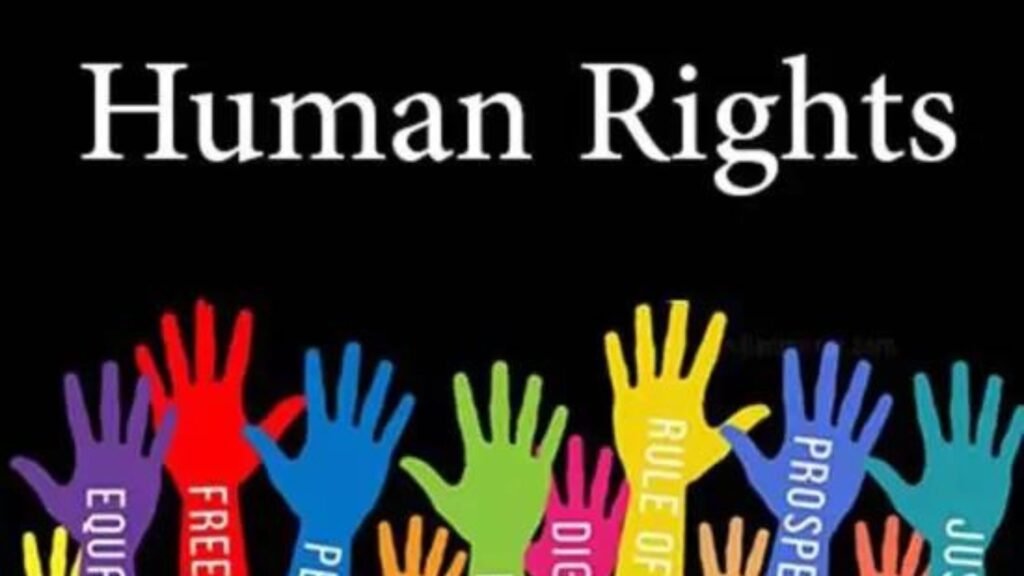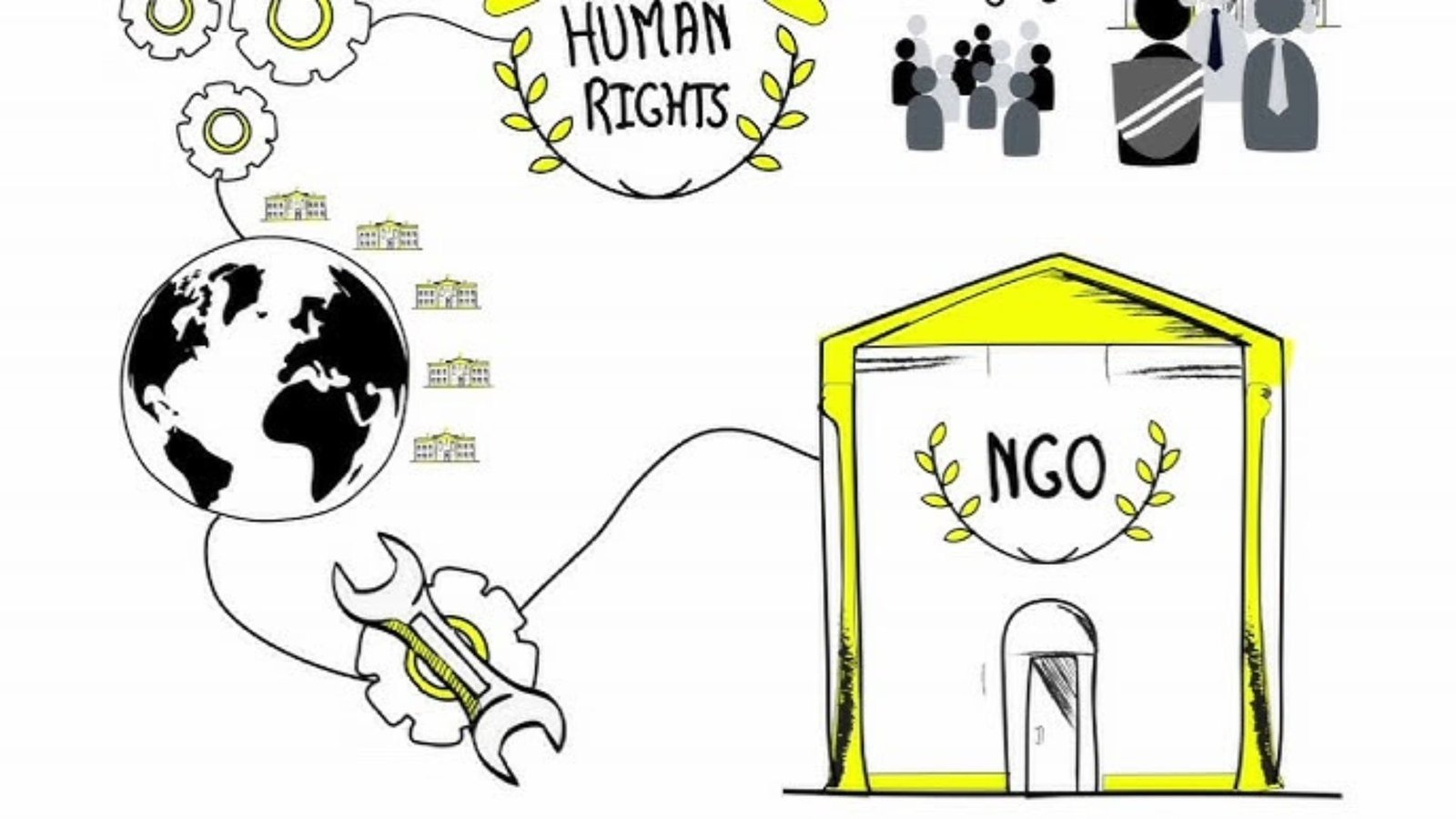The Role of NGOs in Human Rights
The role of NGOs in human rights is essential for promoting and protecting human rights around the world. Non-Governmental Organizations (NGOs) work tirelessly to address human rights violations, support victims, and advocate for change. This blog post will explore how NGOs contribute to human rights efforts, the challenges they face, and the impact they have on global human rights.

How NGOs Contribute to Human Rights
The role of NGOs in human rights can be seen in several key areas:
1. Advocacy and Awareness
- Raising Awareness: NGOs play a critical role in raising awareness about human rights issues. Through campaigns, media outreach, and public events, they highlight violations and mobilize public support.
- Advocating for Change: NGOs often advocate for policy changes at local, national, and international levels. They work to influence governments and organizations to implement human rights protections and reforms.
2. Providing Support and Assistance
- Direct Support: Many NGOs provide direct support to individuals affected by human rights abuses. This includes offering legal aid, medical care, and shelter to victims of violence, discrimination, and other violations.
- Emergency Relief: In crisis situations, such as natural disasters or conflicts, NGOs deliver emergency relief services. They ensure that basic needs like food, water, and healthcare are met for those affected.
3. Monitoring and Reporting
- Documenting Abuses: NGOs are crucial in documenting human rights abuses. They collect evidence, conduct investigations, and publish reports on violations. This documentation is vital for raising awareness and holding perpetrators accountable.
- Monitoring Compliance: NGOs also monitor the implementation of human rights laws and policies. They assess whether governments and institutions are fulfilling their obligations and advocate for corrective actions when necessary.
Challenges Faced by NGOs
Despite their important work, the role of NGOs in human rights comes with several challenges:
1. Resource Limitations
- Funding Issues: Many NGOs struggle with limited funding, which can affect their ability to carry out their work effectively. They often rely on donations and grants, which may not always be sufficient to meet their needs.
- Operational Costs: Operating in conflict zones or areas with high levels of repression can be expensive and risky. NGOs must navigate these challenges while managing their resources carefully.
2. Political and Legal Barriers
- Government Restrictions: In some countries, NGOs face restrictions on their activities due to government opposition or legal barriers. These restrictions can limit their ability to operate and advocate freely.
- Security Risks: Working in areas affected by conflict or political instability poses significant security risks for NGO staff. Ensuring their safety while delivering assistance can be a major concern.
3. Impunity for Violators
- Lack of Accountability: In many cases, perpetrators of human rights violations are not held accountable. This lack of accountability can undermine the effectiveness of NGOs’ efforts and allow abuses to continue.
- Limited Impact: Despite their efforts, NGOs may sometimes struggle to achieve significant change, especially in situations where powerful actors resist reforms or ignore international pressure.
The Impact of NGOs on Human Rights
The role of NGOs in human rights has led to numerous positive outcomes:
1. Promoting Global Standards
- Setting Norms: NGOs contribute to the development of international human rights norms and standards. They participate in global forums, provide expertise, and advocate for new agreements and treaties.
- Influencing Policies: Their advocacy efforts often lead to the adoption of new laws and policies that enhance human rights protections. This includes influencing national legislation and international agreements.
2. Empowering Communities
- Supporting Grassroots Efforts: NGOs often work with local communities to empower them in advocating for their rights. They provide training, resources, and support to grassroots organizations and activists.
- Building Capacity: By strengthening local capacities, NGOs help communities address human rights issues more effectively and sustain their efforts over time.
3. Creating Awareness and Education
- Educational Programs: NGOs develop educational programs and materials to increase public understanding of human rights issues. This helps to build a more informed and engaged global citizenry.
- Public Engagement: Through media campaigns and public events, NGOs raise awareness about critical issues, mobilizing individuals to take action and support human rights initiatives.
How to Support NGOs in Human Rights
You can support the role of NGOs in human rights through several actions:
1. Donations
- Financial Support: Contributing financially to NGOs helps them continue their work and address urgent needs. Donations can provide essential resources and support their programs.
- In-Kind Contributions: Providing goods or services, such as medical supplies or professional expertise, can also be valuable to NGOs working in crisis situations.
2. Volunteering
- Offering Time: Volunteering with NGOs allows you to contribute your time and skills to their efforts. This can include working on projects, helping with administrative tasks, or participating in advocacy campaigns.
- Advocacy and Outreach: Volunteering to raise awareness and support advocacy efforts helps amplify the impact of NGOs and engage more people in human rights causes.
3. Spreading Awareness
- Sharing Information: Use your social media platforms and personal networks to share information about human rights issues and support for NGOs. Raising awareness can mobilize additional support and drive action.
- Educational Engagement: Educate yourself and others about human rights and the work of NGOs. Understanding their impact and challenges helps build a stronger community of advocates.
Conclusion
In summary, the role of NGOs in human rights is vital for advancing and protecting human rights globally. Through advocacy, support, monitoring, and reporting, NGOs play a key role in addressing human rights violations and promoting justice.
Despite facing significant challenges, their impact on global standards, community empowerment, and public awareness is substantial. Supporting NGOs through donations, volunteering, and spreading awareness helps ensure they can continue their important work and contribute to a more just and equitable world.



